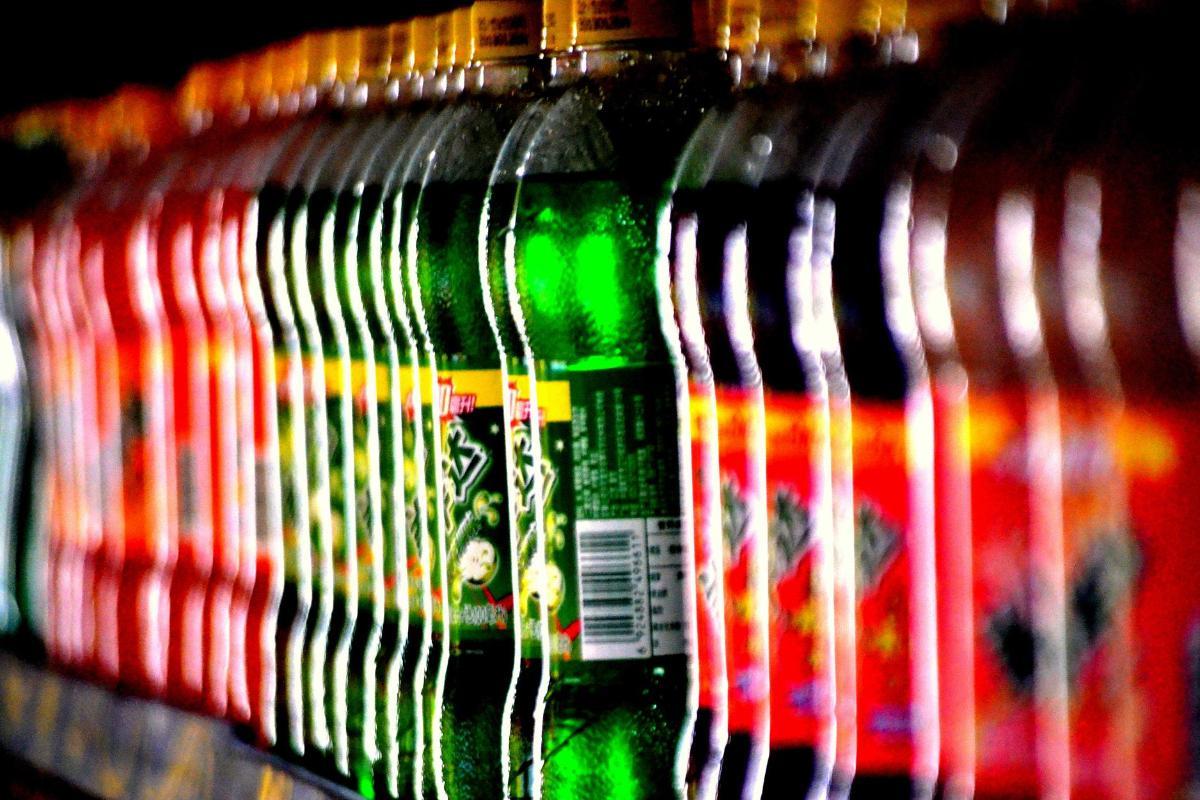A new study in PLOS One by Program in Nutrition alum Dr. Cristina Álvarez-Sánchez et al., explores if awareness of Mexico’s national soda tax, and the accompanying highly visible campaign on why to drink less soda, had an association with how much soda people drink.
The results showed individuals who know about the tax drank less soda. The decrease was highest in urban areas where consumption was almost 16% lower for those who knew about the soda tax.
Soda is integral to the culture in Mexico; playing a significant role in social occasions and overall hospitality. Yet, high soda consumption is linked to increased risk of obesity, type 2 diabetes and coronary heart disease, with Mexico having some of the highest worldwide rates of these diseases. Public health professionals in Mexico successfully passed a national tax on sugar-sweetened beverage in 2014.
About 65% of adults were aware of the tax. These individuals reported reducing their sugar-sweetened beverages consumption after the tax. Additionally, individual with the highest confidence (self-efficacy) in their skills to reduce soda were drinking about 16 ounces a day, whereas those with the lowest confidence were drinking 32 ounces a day. Soda taxes accompanied by a government sponsored educational campaign that informs people about the tax and enhances confidence to drink less soda has the potential to improve health outcomes.
As advocates in our country fight for these kinds of taxes, this research helps build their case and guide their approach. In Mexico, the tax and highly visual campaign had a signaling effect on reducing soda consumption.
– Dr. Pam Koch
